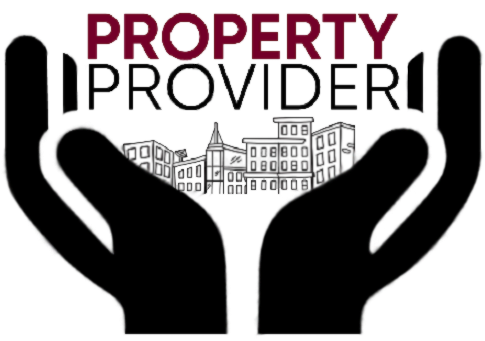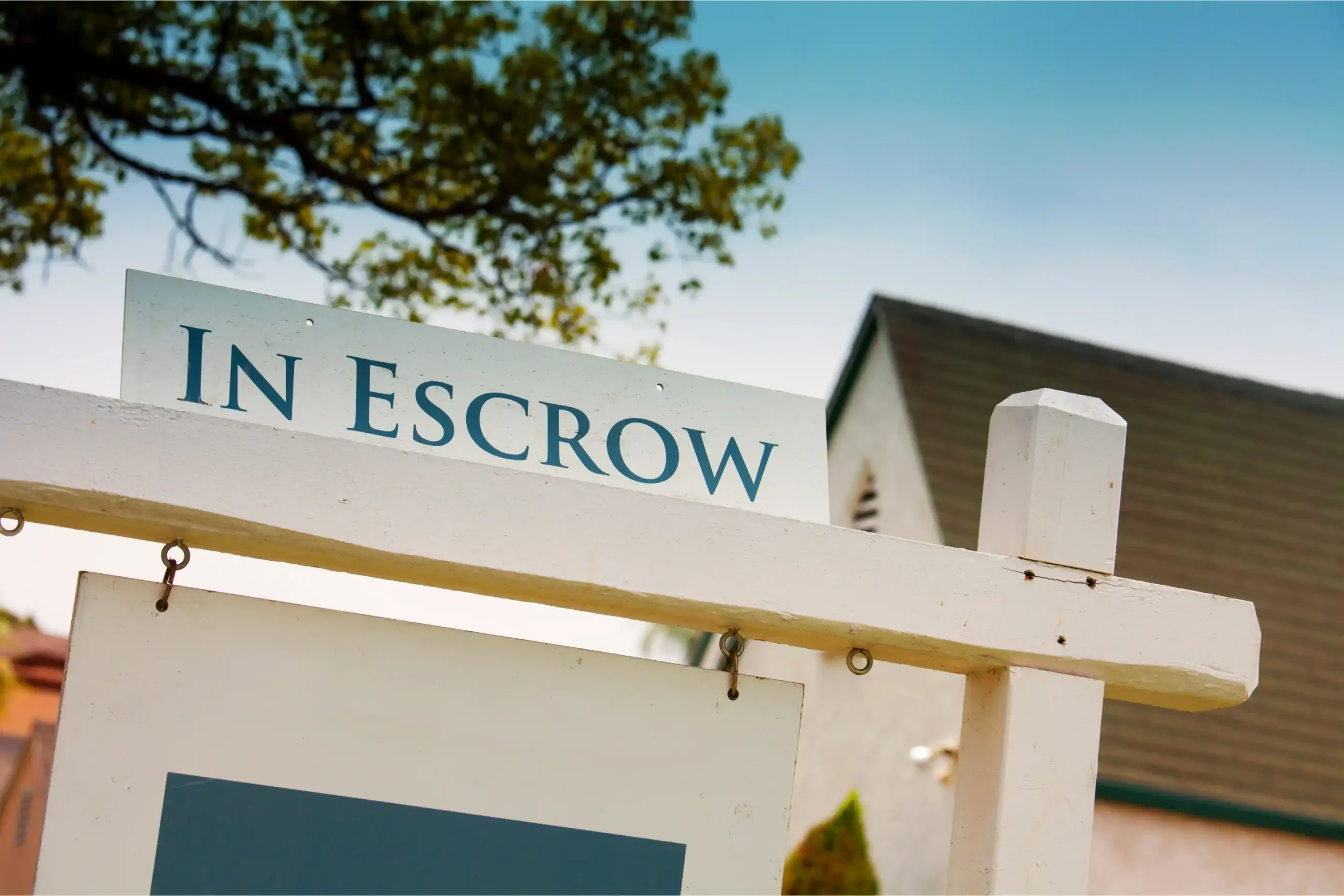What is Escrow: Meaning, How it works, And Benefits
Understanding Escrow in Real Estate
In real estate transactions, understanding the concept of escrow is crucial. So, what is escrow? Escrow is a financial arrangement where a third party, often referred to as an escrow agent, holds and regulates funds or assets involved in a real estate transaction. This ensures a secure and impartial process, offering peace of mind to both the buyer and the seller.
Now, let’s dive a bit deeper into why it is so important. Picture this: you’re selling your house, and the buyer wants to make sure everything goes smoothly. That’s where the escrow agent comes in. They act as a trustworthy middleman, holding onto the money and assets until both parties fulfill their obligations. This secure setup provides peace of mind, making the entire real estate process a breeze.
How Does Escrow Work for Homeowners and Homebuyers?
For homebuyers and sellers, the escrow process acts as a safeguard, mitigating risks and providing a systematic approach to real estate transactions. When a buyer makes an offer on a property and it’s accepted by the seller, an escrow account is opened. The buyer deposits the earnest money into this account, indicating their commitment to the purchase.
As the transaction progresses, the escrow agent ensures that all conditions are met, managing documents, funds, and other relevant elements. For homebuyers, this means a transparent and organized process, while sellers benefit from a secure arrangement as they navigate the complexities of the real estate market.
Who Manages an Escrow Account?
The responsibility of managing an escrow account typically falls on a neutral third party – the escrow agent. This can be a title company, escrow company, or even an attorney, depending on the region. The escrow agent ensures that all conditions of the sale are met before releasing funds, safeguarding the interests of both parties involved.
Advantages of Escrow
1. Neutral Financial Ground
Escrow serves as a secure and impartial arena for the financial aspects of real estate transactions. Acting as a neutral third party, it ensures that funds are held safely until all contractual obligations are met, mitigating the risk of fraud or disputes.
2. Professionalism in Process
An inherent advantage of the escrow process is the added layer of professionalism it brings to real estate dealings. This professionalism instills confidence in both buyers and sellers, assuring buyers that the property aligns with descriptions and confirming sellers of the buyer’s financial capability to complete the purchase.
3. Confidence and Assurance
For homebuyers, knowing that the funds are held in escrow until all conditions are fulfilled provides a sense of confidence and assurance. Sellers, on the other hand, benefit from the guarantee that the buyer’s financial commitment is validated before the property is officially transferred. Escrow, therefore, acts as a cornerstone for a smooth and trustworthy real estate transaction.
Disadvantages of Escrow
While escrow is generally considered beneficial, it’s essential to be aware of potential disadvantages. One drawback is the additional cost associated with hiring an escrow agent. This fee, though a fraction of the overall transaction, can still impact the financial aspects of the deal.
Moreover, the time-consuming nature of the escrow process might be a disadvantage for those looking for swift transactions. Delays can occur due to various reasons, such as the need for additional documentation or inspections.
Do You Need an Escrow Account?
Whether you need an escrow account depends on the specifics of your real estate transaction. If you’re involved in buying or selling a property, an escrow account can provide a secure and organized way to handle funds and documents. It acts as a neutral party, reducing the risk of disputes and ensuring a smooth process for both parties.
Consider the scale and complexity of your real estate deal; if it involves substantial funds or has intricate contractual conditions, opting for an escrow account is a prudent choice. It adds an extra layer of protection and transparency, benefiting both the buyer and the seller.
Escrow in a Nutshell
In essence, escrow is a protective mechanism in real estate transactions. It serves as a neutral intermediary, holding funds and documents until all conditions of the sale are met. This ensures that both the buyer and the seller fulfill their obligations, fostering trust and security throughout the process.
In a nutshell, escrow simplifies the complex financial aspects of real estate dealings, making transactions more transparent and efficient. Whether you’re a buyer or a seller, understanding escrow is key to navigating the real estate market with confidence.
If you’re considering a real estate transaction, it’s wise to engage with a knowledgeable real estate agent. They can guide you through the complexities of the process, ensuring a seamless experience. Whether you’re selling or buying a home, having a professional by your side can make all the difference.
Escrow FAQs
1. What is the Purpose of an Escrow Account?
An escrow account serves as a neutral entity that holds funds and documents during a real estate transaction. It ensures that both the buyer and the seller meet their contractual obligations before completing the deal, reducing the risk of disputes.
2. How Much Does Escrow Cost?
The cost of escrow services varies but is typically a percentage of the total transaction amount. While it adds to the overall expenses, the benefits of a secure and organized process often outweigh the associated costs.
3. Can I Choose My Escrow Company?
In many cases, you can choose the escrow company, especially if you’re the buyer. However, it’s essential to coordinate with all parties involved to ensure a smooth and agreed-upon process.
4. How Long Does the Escrow Process Take?
The duration of the escrow process varies based on the complexity of the transaction. It can take anywhere from a few weeks to a few months, depending on factors like inspections, financing approvals, and document verification.


